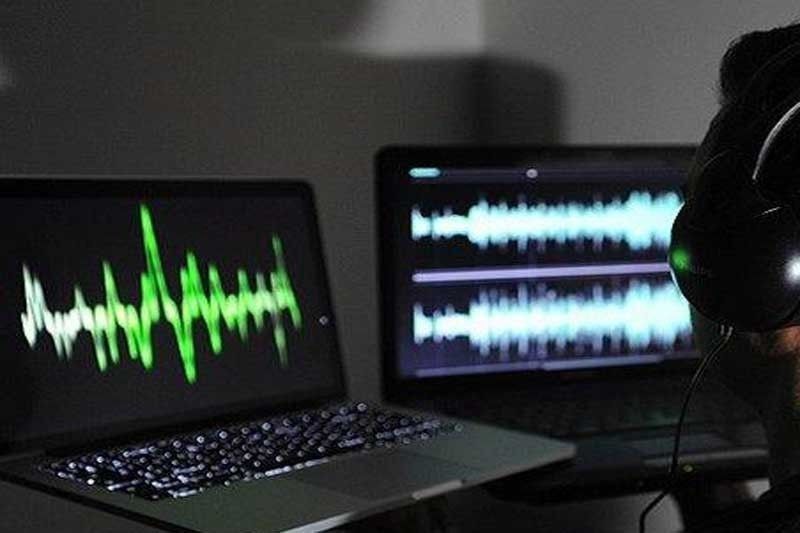
In an age where communication technology is advancing rapidly, it is essential to have laws that protect the privacy of individuals. The Anti-Wiretapping Act of the Philippines is one such law designed to safeguard against unauthorized wiretapping and protect the rights of citizens. In this guide, we’ll explore the key aspects of this law to help you better understand its provisions.
What is the Anti-Wiretapping Act of the Philippines?
The Anti-Wiretapping Act of the Philippines, officially known as Republic Act No. 4200, is a law that prohibits the unauthorized interception and recording of private conversations, as well as the unauthorized disclosure of the contents of intercepted communications.
What are the punishable acts under the Anti-Wiretapping Act?
- It shall be unlawful for any person, not being authorized by all the parties to any private communication or spoken word:
- To tap any wire or cable; or
- By using any other device or arrangement, to secretly overhear, intercept, or record such communication or spoken word by using a device commonly known as a dictagraph or detectaphone or walkie-talkie or tape recorder, or however otherwise described;
- It shall also be unlawful for any person, be he a participant or not in the act or acts penalized in the next preceding sentence:
- To knowingly possess any tape record, wire record, disc record, or any other such record, or copies thereof, of any communication or spoken word either before or after the effective date of this Act in the manner prohibited by this law;
- To replay the same for any other person or persons;
- To communicate the contents thereof, either verbally or in writing; or
- To furnish transcriptions thereof, whether complete or partial, to any other person.
- It shall also be unlawful for any person to willfully or knowingly aid, permit, or cause to be done any of the acts declared to be unlawful; or who violates the provisions or of any order issued thereunder, or aids, permits, or causes such violation.
Is it illegal to record conversations in the Philippines without consent?
Yes, it is generally illegal to record private conversations without the consent of all parties involved. The law requires that all parties consent to the recording to avoid violating the Anti-Wiretapping Act.
Are there any exceptions to the consent requirement?
Yes, there are exceptions. Law enforcement agencies may conduct wiretapping operations, but they must obtain a court-issued warrant based on reasonable grounds and comply with strict legal procedures. Additionally, private individuals can record conversations without consent if they are not doing so for illegal or malicious purposes.
What are the penalties for violating the Anti-Wiretapping Act?
Any person who willfully or knowingly does or who shall aid, permit, or cause to be done any of the acts declared to be unlawful in the preceding section or who violates the provisions of the following section or of any order issued thereunder, or aids, permits, or causes such violation shall, upon conviction thereof, be punished by imprisonment for not less than six months or more than six years and with the accessory penalty of perpetual absolute disqualification from public officer if the offender be a public official at the time of the commission of the offense, and, if the offender is an alien he shall be subject to deportation proceedings.
What are the instances where a peace officer may be authorized by a written order of the court to execute any of the acts declared to be unlawful?
- Treason;
- Espionage;
- Provoking war and disloyalty in case of war;
- Piracy;
- Mutiny in the high seas;
- Rebellion;
- Conspiracy and proposal to commit rebellion;
- Inciting to rebellion;
- Sedition;
- Conspiracy to commit sedition;
- Inciting to sedition;
- Kidnapping as defined by the RPC; and
- Violations of commonwealth Act No. 616, punishing espionage and other offenses against national security.
Can recorded conversations be used as evidence in court?
Generally, recorded conversations made without the consent of all parties are inadmissible as evidence in court. However, there are exceptions, such as when the recorded conversation is not private or when it is used to expose certain crimes.
What is the effect of presentation as evidence of a record obtained in a violation of R.A. No. 4200 in any proceeding?
The evidence shall be inadmissible. Any communication or spoken word, or the existence, contents, substance, purport, effect, or meaning of the same or any part thereof, or any information therein contained obtained or secured by any person in violation of the preceding sections of this Act shall not be admissible in evidence in any judicial, quasi-judicial, legislative, or administrative hearing or investigation.
The Anti-Wiretapping Act of the Philippines is a crucial legal framework that protects the privacy of individuals in the digital age. Understanding its provisions and respecting the privacy rights of others are essential steps in upholding the principles of this law and ensuring a more secure and private communication environment for all citizens.
Source: R.A. No. 4200 or the Anti-Wiretapping Act


